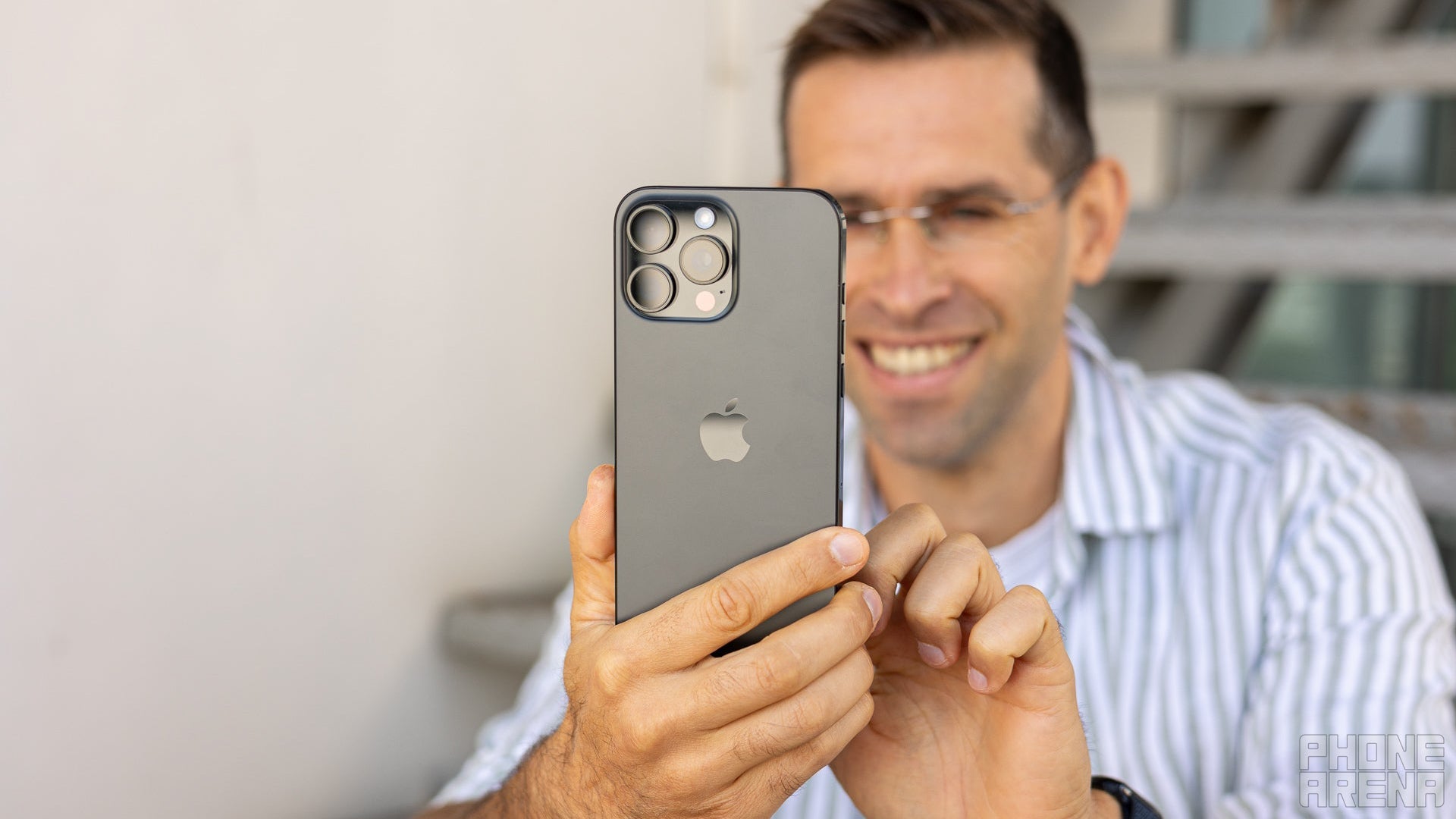The Art of Receiving Feedback Without Losing Yourself
I used to think being “good at receiving feedback” meant nodding politely, taking notes, and promising to do better. But over time, I've learned that how we receive feedback can shape our entire trajectory-and it goes far beyond politeness. When feedback lands, especially the kind that catches you off guard or stings a little, it has a way of stirring up questions: Am I failing? Am I not as good as I thought? Do they still trust me? It's easy to get defensive. Or spiral. Or overcorrect so hard that we lose touch with our instincts. But here's what I've come to believe: receiving feedback well isn't about blindly accepting everything, nor is it about shielding yourself from discomfort. It's about staying centered while making room for growth. Here's what I've learned along the way: Pause before you personalize. Not all feedback is about you-sometimes it's about a moment, a mismatch, or a misunderstanding. Taking a beat before internalizing lets you process the signal without the noise of self-judgment. Seek the truth in it, not the whole truth. Even poorly delivered feedback often holds a sliver of insight. You don't need to agree with every word to ask: What part of this might be useful to me? Anchor to your values. The stronger your sense of self, the easier it is to hear hard things without being unmoored by them. Feedback might challenge your methods-but it shouldn't erase your identity. Let curiosity lead. Instead of reacting with “That's not true,” try “What did you see that made you feel that way?” This opens space for dialogue instead of defensiveness. Build reflection into your rhythm. Whether it's journaling, walking, or talking it through with someone you trust-processing feedback isn't a one-time event. It's an ongoing relationship with your own growth. When we stop seeing feedback as a judgment and start seeing it as a mirror, it stops feeling like a threat-and starts becoming a gift. We don't grow by avoiding feedback. But we also don't grow by absorbing it all without filters. The real art is in finding the balance: staying open without losing yourself. Next time: What Happens When You Stop Chasing the Next Title?

I used to think being “good at receiving feedback” meant nodding politely, taking notes, and promising to do better. But over time, I've learned that how we receive feedback can shape our entire trajectory-and it goes far beyond politeness.
When feedback lands, especially the kind that catches you off guard or stings a little, it has a way of stirring up questions: Am I failing? Am I not as good as I thought? Do they still trust me?
It's easy to get defensive. Or spiral. Or overcorrect so hard that we lose touch with our instincts. But here's what I've come to believe: receiving feedback well isn't about blindly accepting everything, nor is it about shielding yourself from discomfort. It's about staying centered while making room for growth.
Here's what I've learned along the way:
Pause before you personalize.
Not all feedback is about you-sometimes it's about a moment, a mismatch, or a misunderstanding. Taking a beat before internalizing lets you process the signal without the noise of self-judgment.
Seek the truth in it, not the whole truth.
Even poorly delivered feedback often holds a sliver of insight. You don't need to agree with every word to ask: What part of this might be useful to me?
Anchor to your values.
The stronger your sense of self, the easier it is to hear hard things without being unmoored by them. Feedback might challenge your methods-but it shouldn't erase your identity.
Let curiosity lead.
Instead of reacting with “That's not true,” try “What did you see that made you feel that way?” This opens space for dialogue instead of defensiveness.
Build reflection into your rhythm.
Whether it's journaling, walking, or talking it through with someone you trust-processing feedback isn't a one-time event. It's an ongoing relationship with your own growth.
When we stop seeing feedback as a judgment and start seeing it as a mirror, it stops feeling like a threat-and starts becoming a gift.
We don't grow by avoiding feedback. But we also don't grow by absorbing it all without filters. The real art is in finding the balance: staying open without losing yourself.
Next time: What Happens When You Stop Chasing the Next Title?





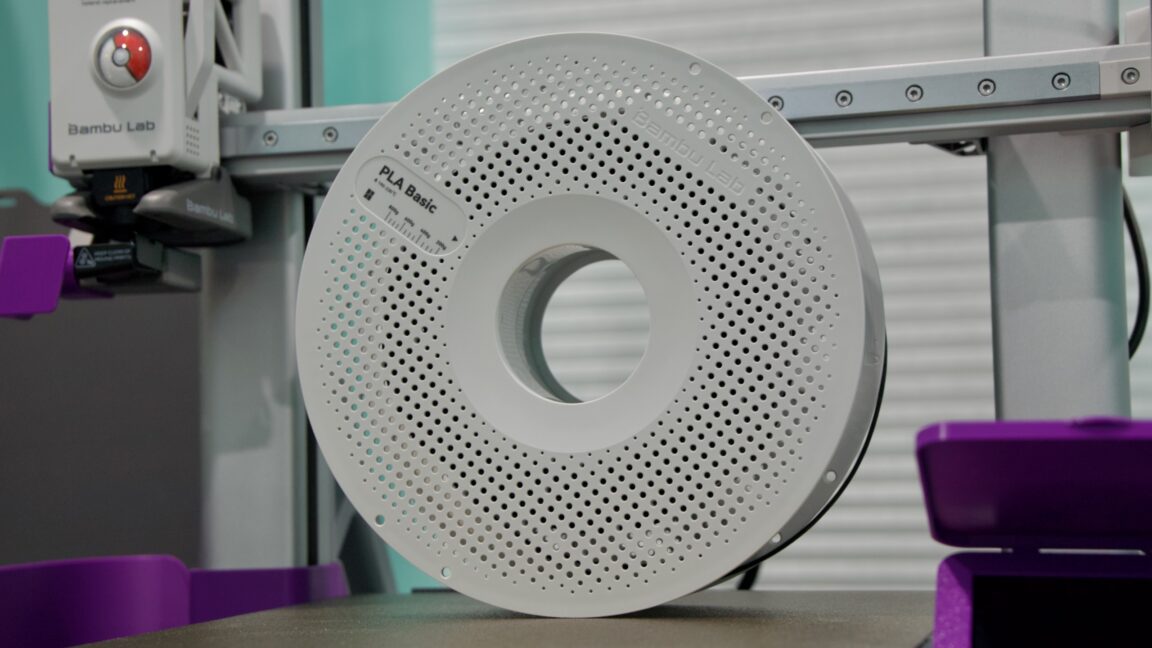













































































































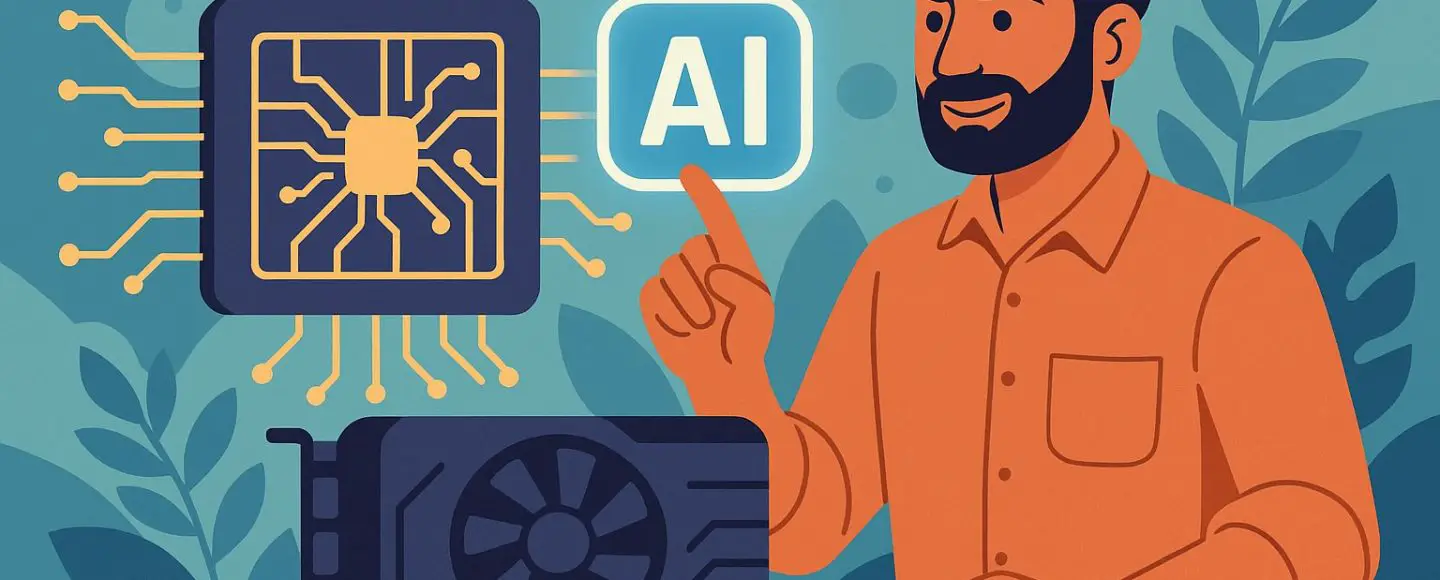










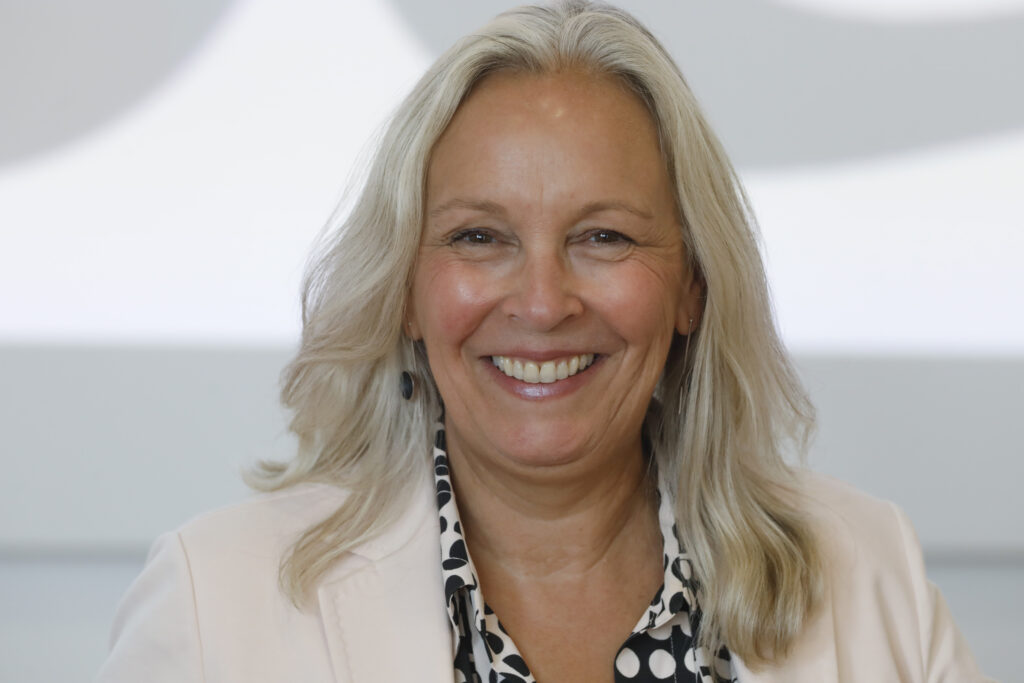










































![[The AI Show Episode 149]: Google I/O, Claude 4, White Collar Jobs Automated in 5 Years, Jony Ive Joins OpenAI, and AI’s Impact on the Environment](https://www.marketingaiinstitute.com/hubfs/ep%20149%20cover.png)








































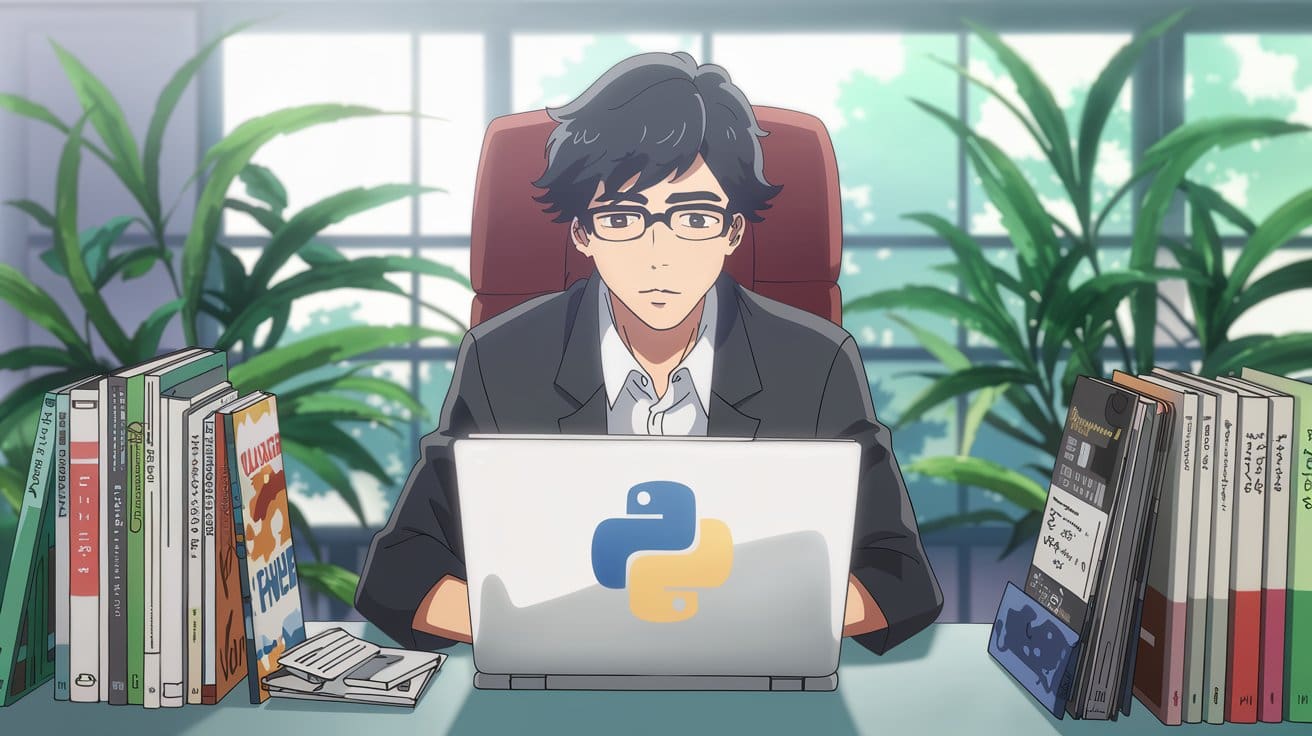



























































































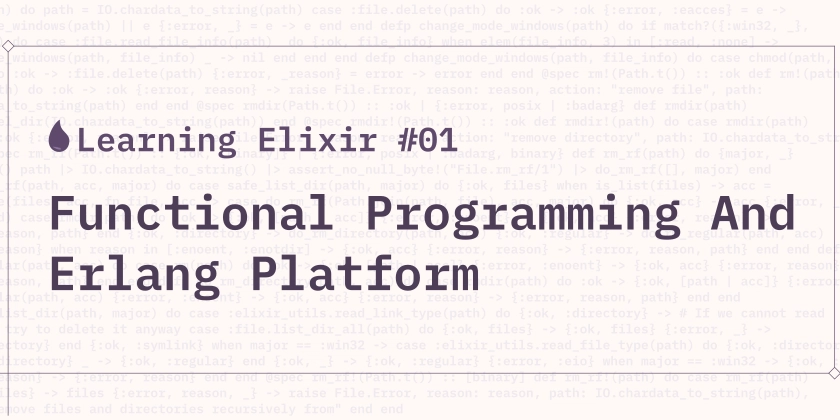

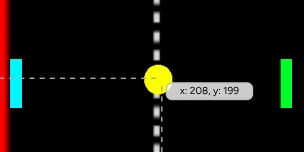

































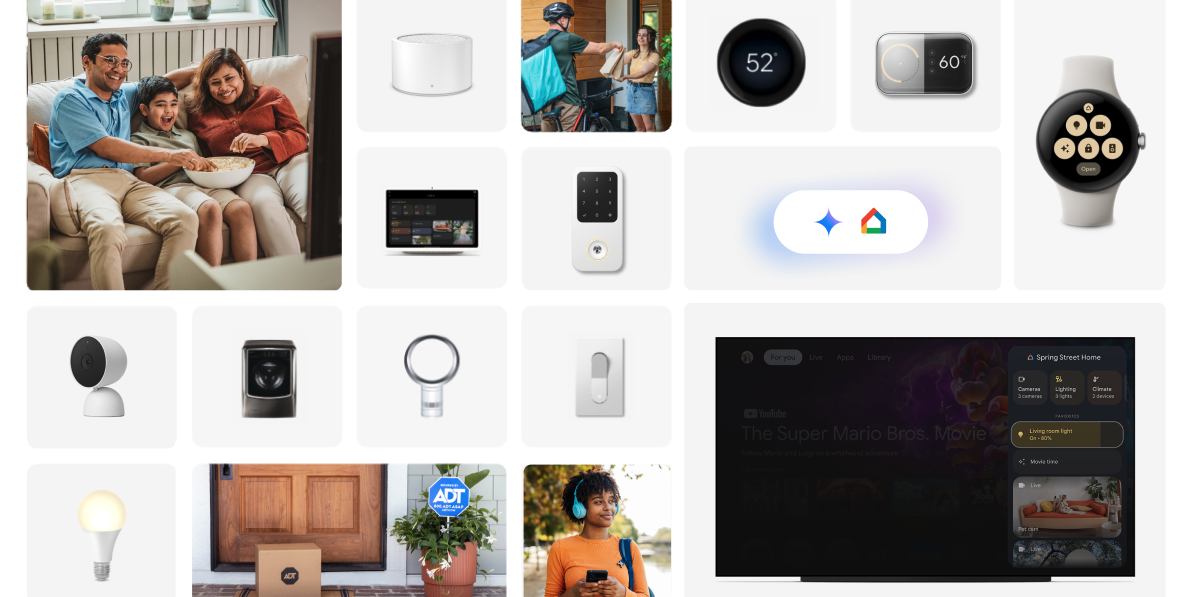
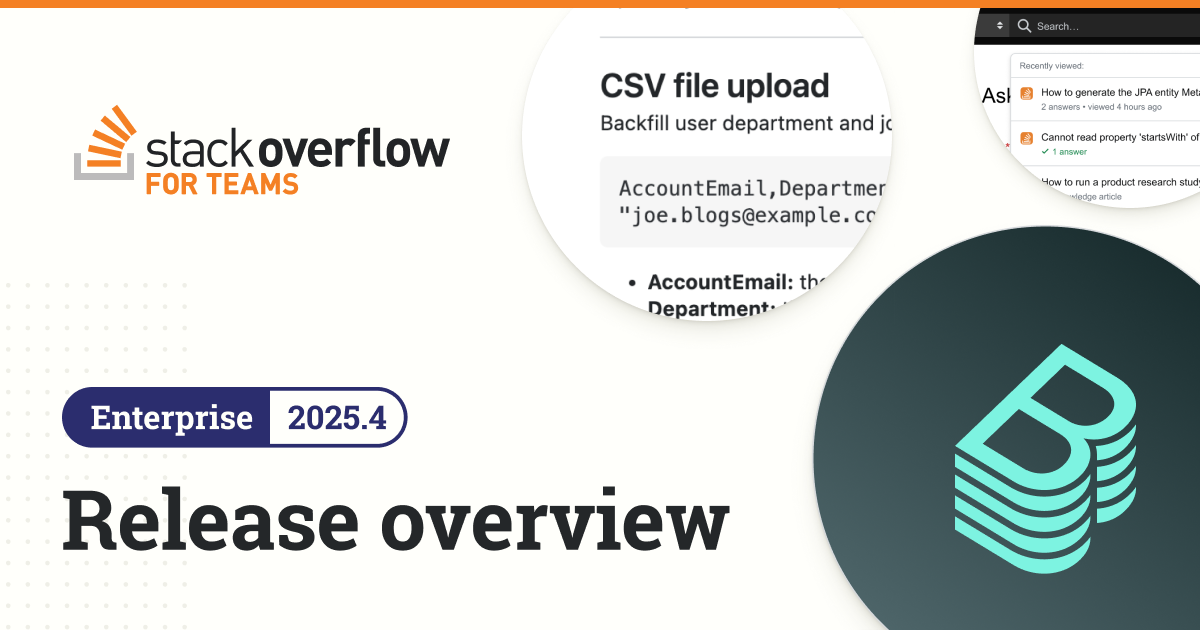





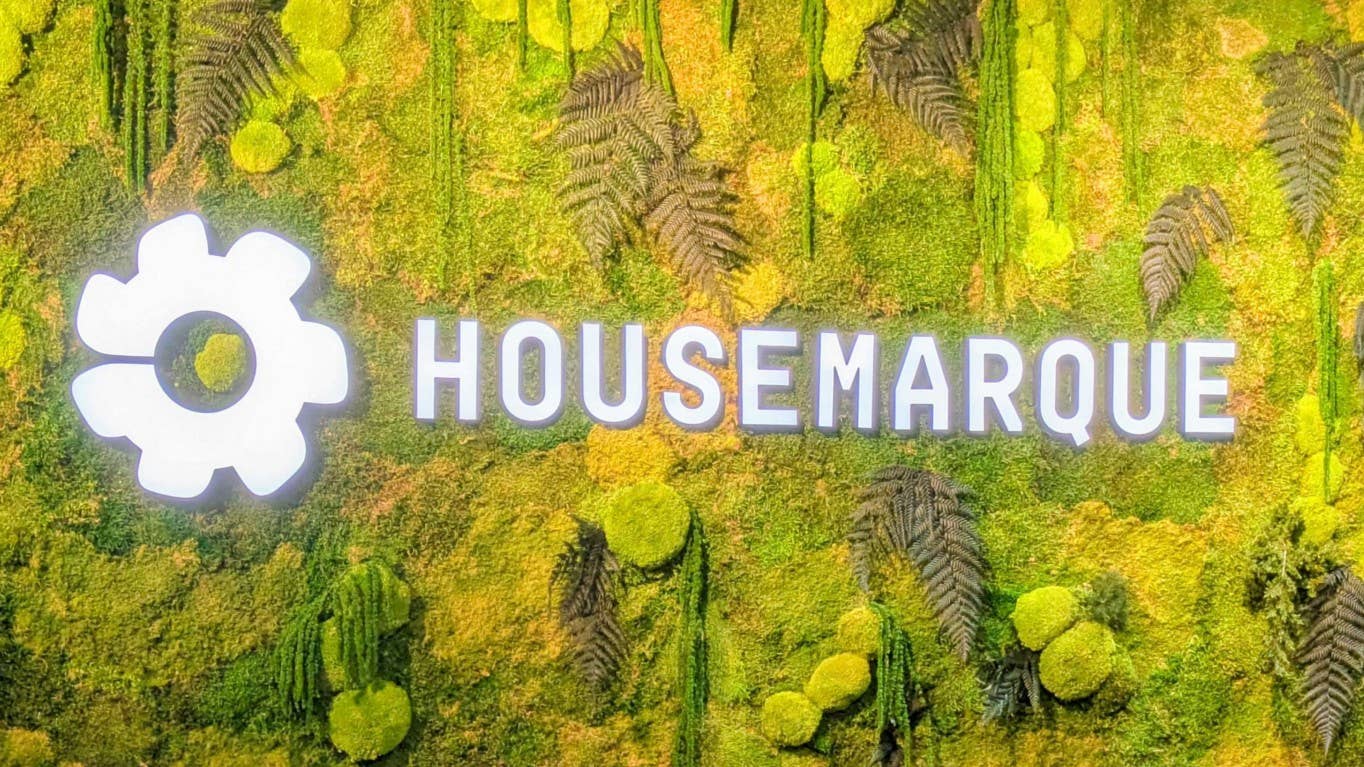


































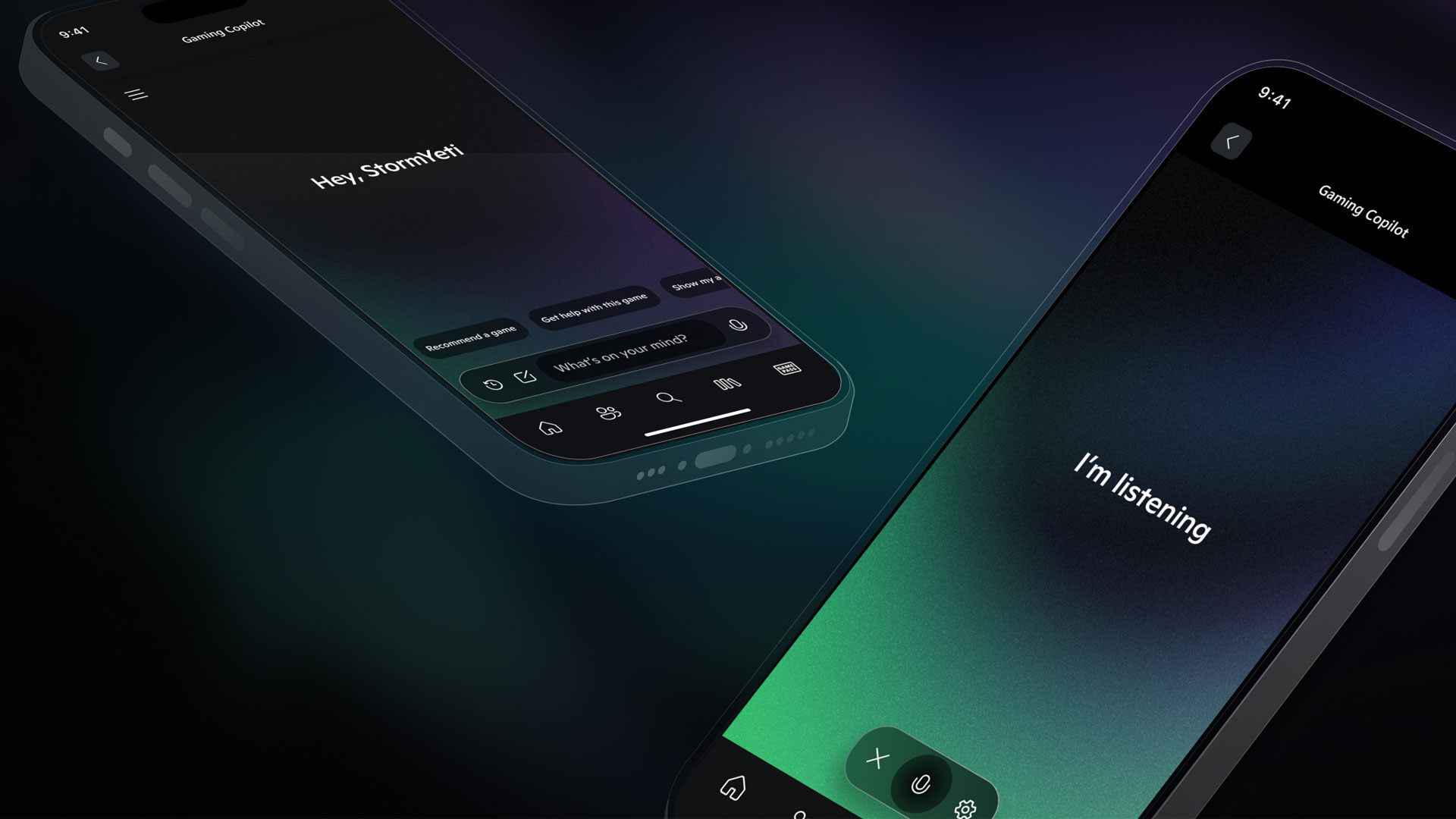



























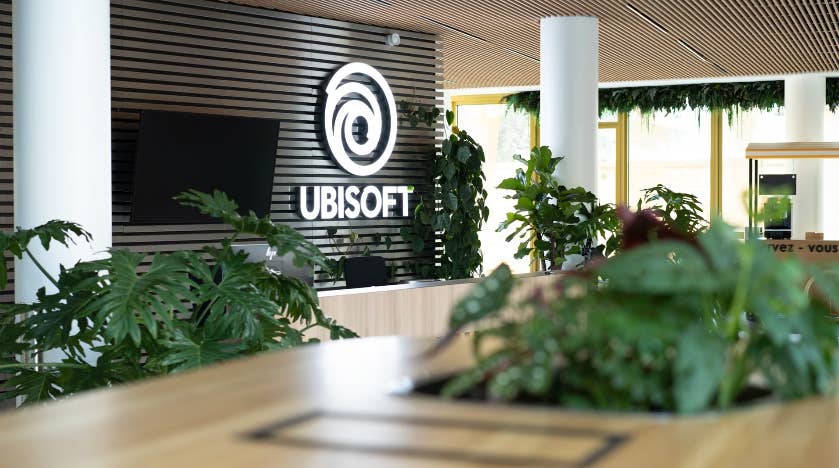
























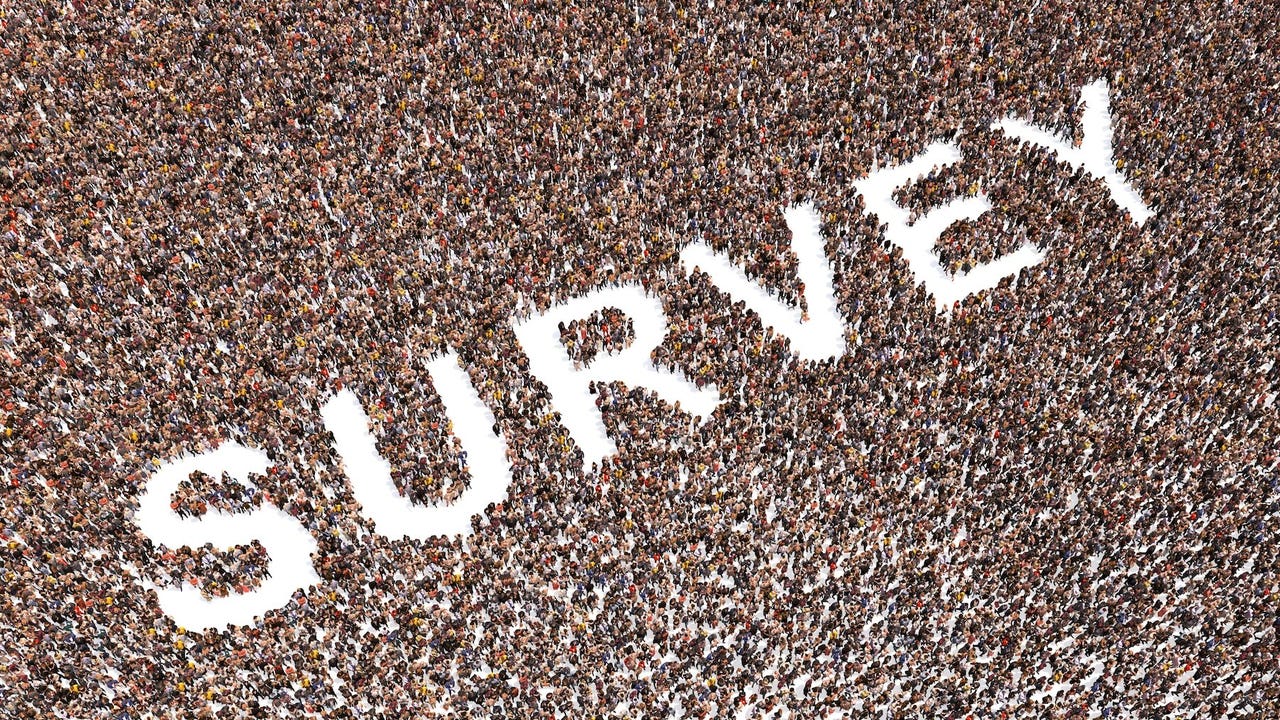
_foto-zone_Alamy.jpg?width=1280&auto=webp&quality=80&disable=upscale#)





















































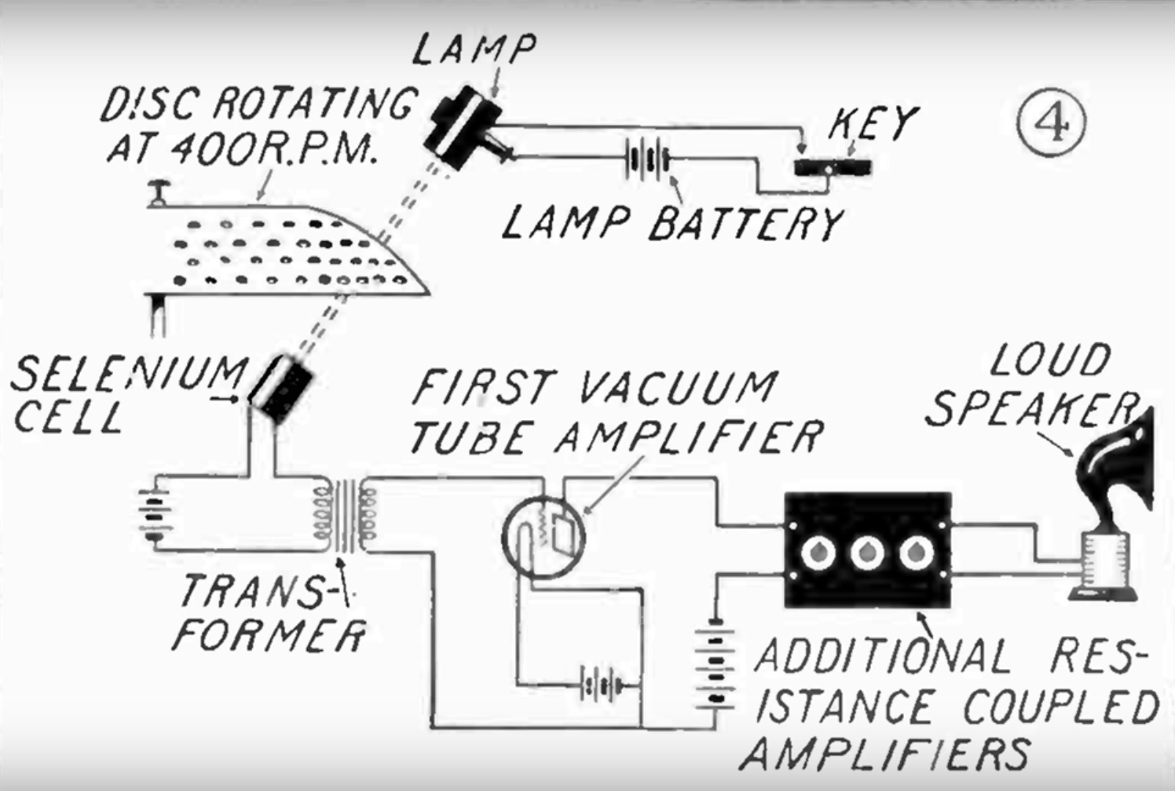

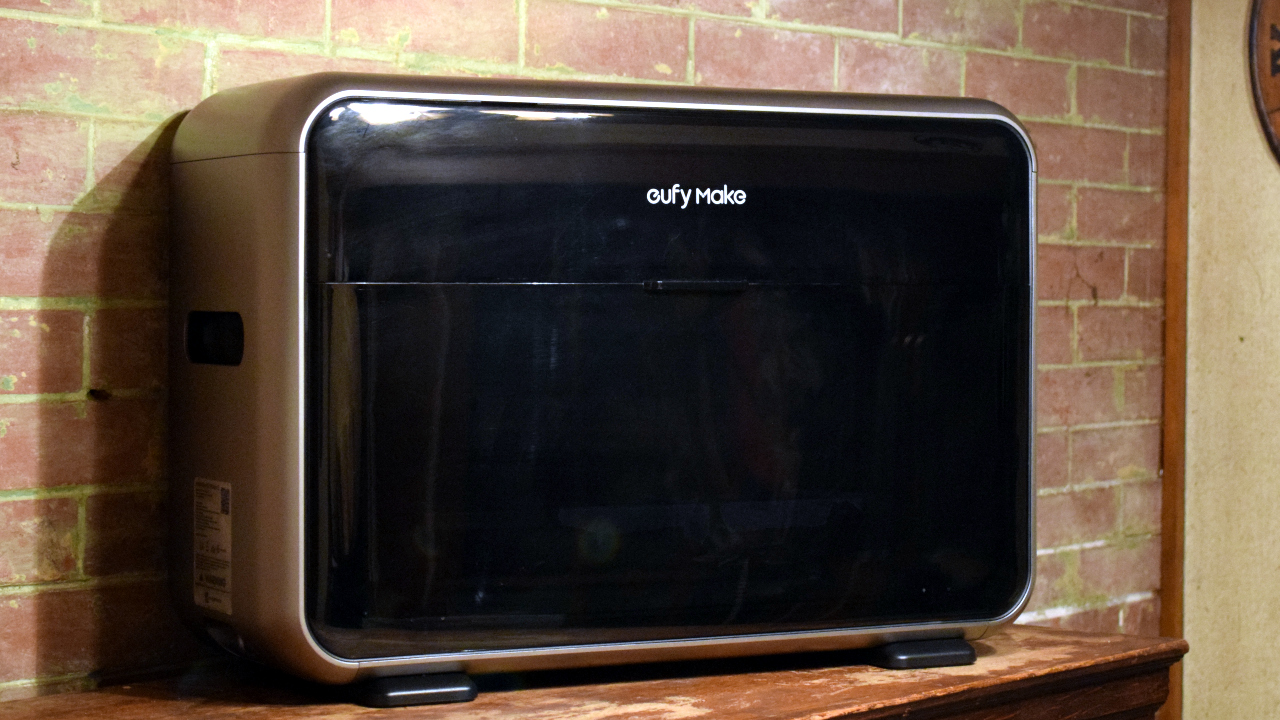


















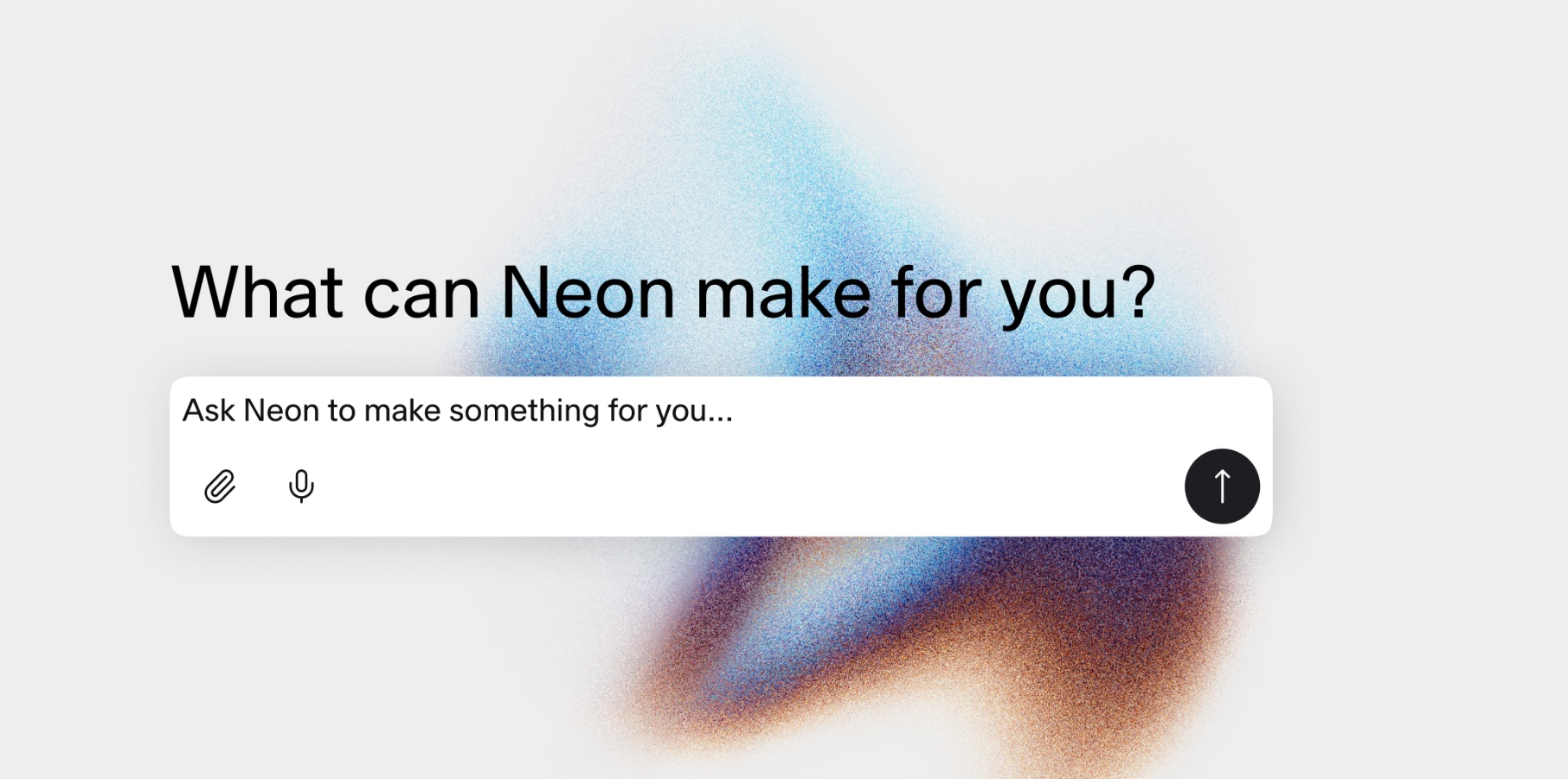




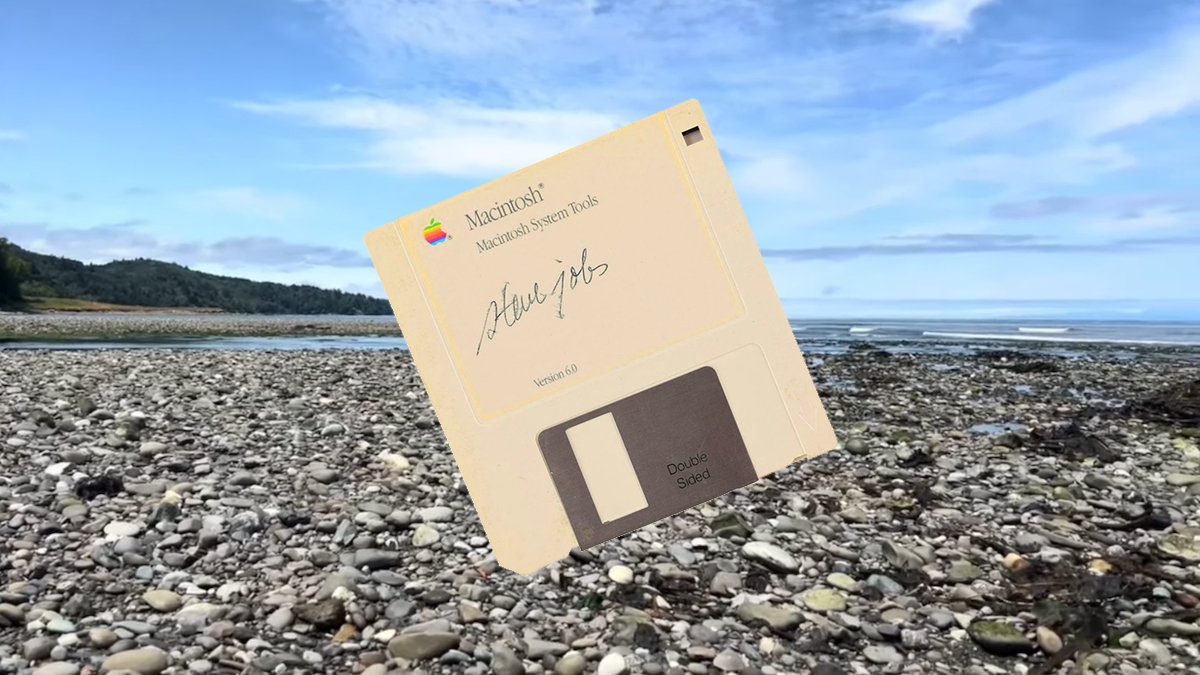
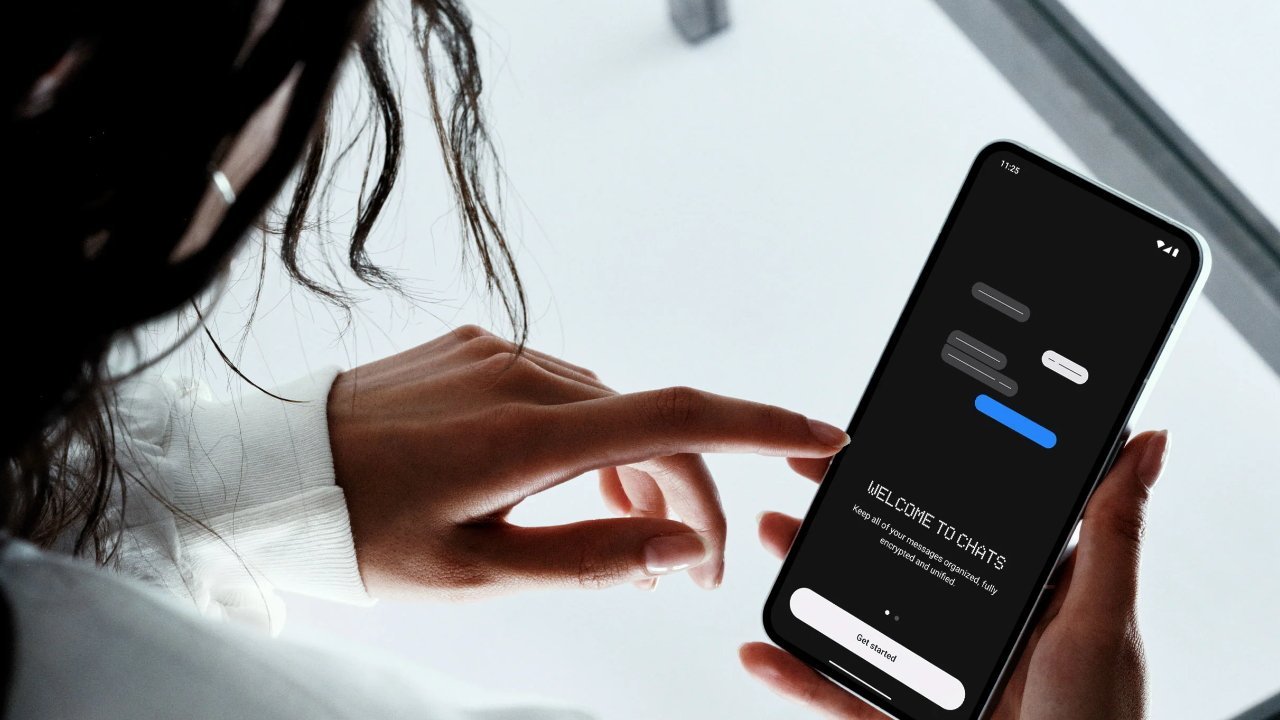
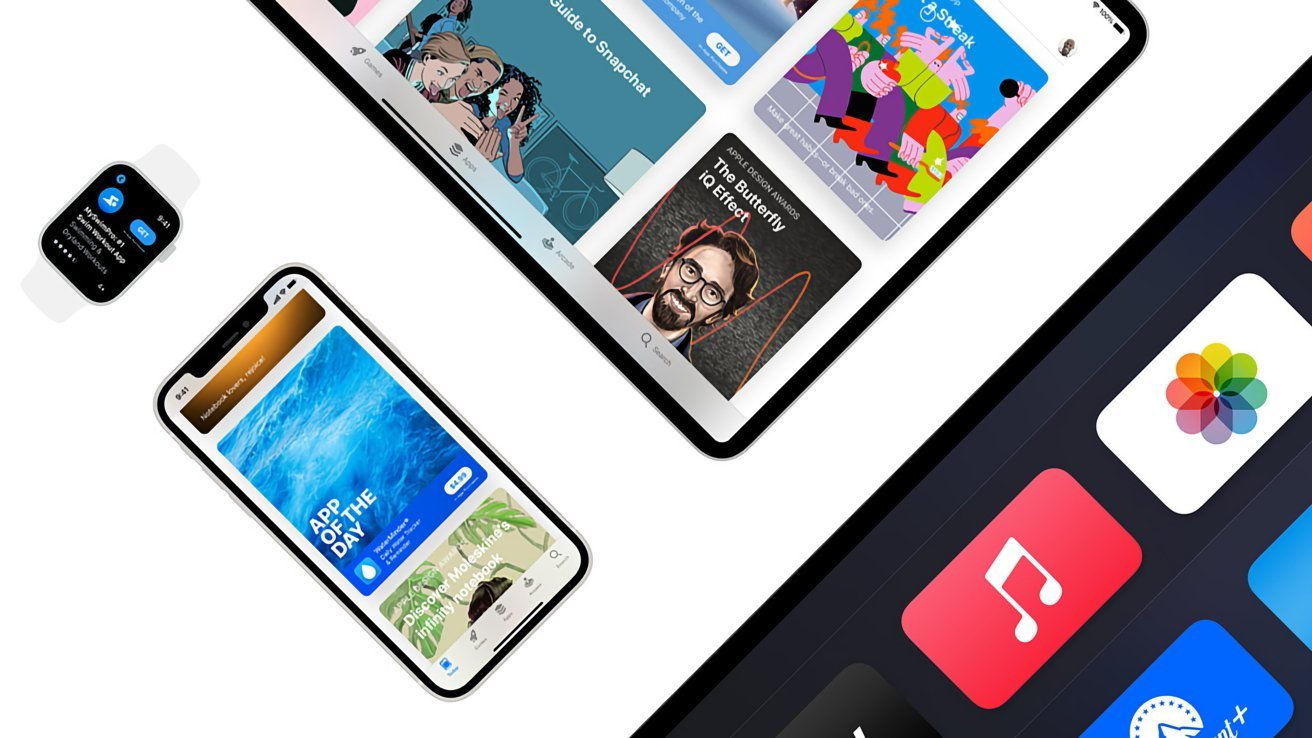
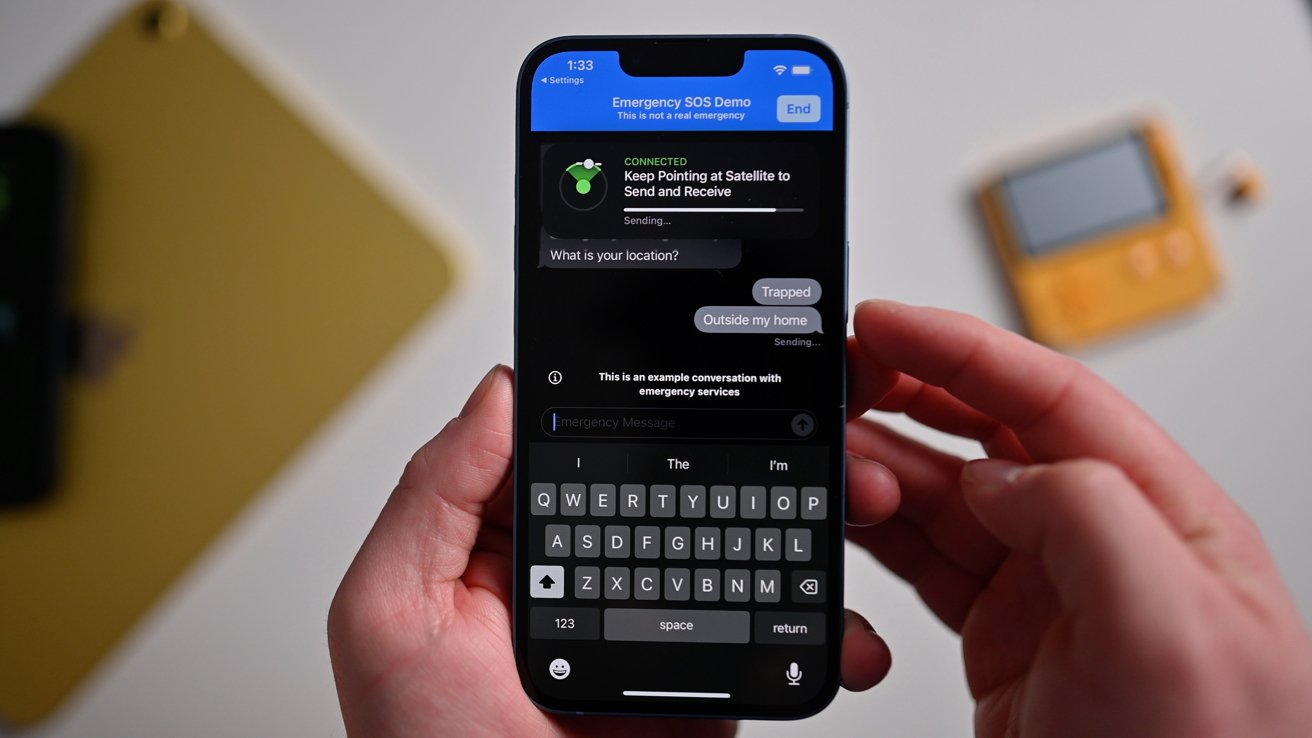

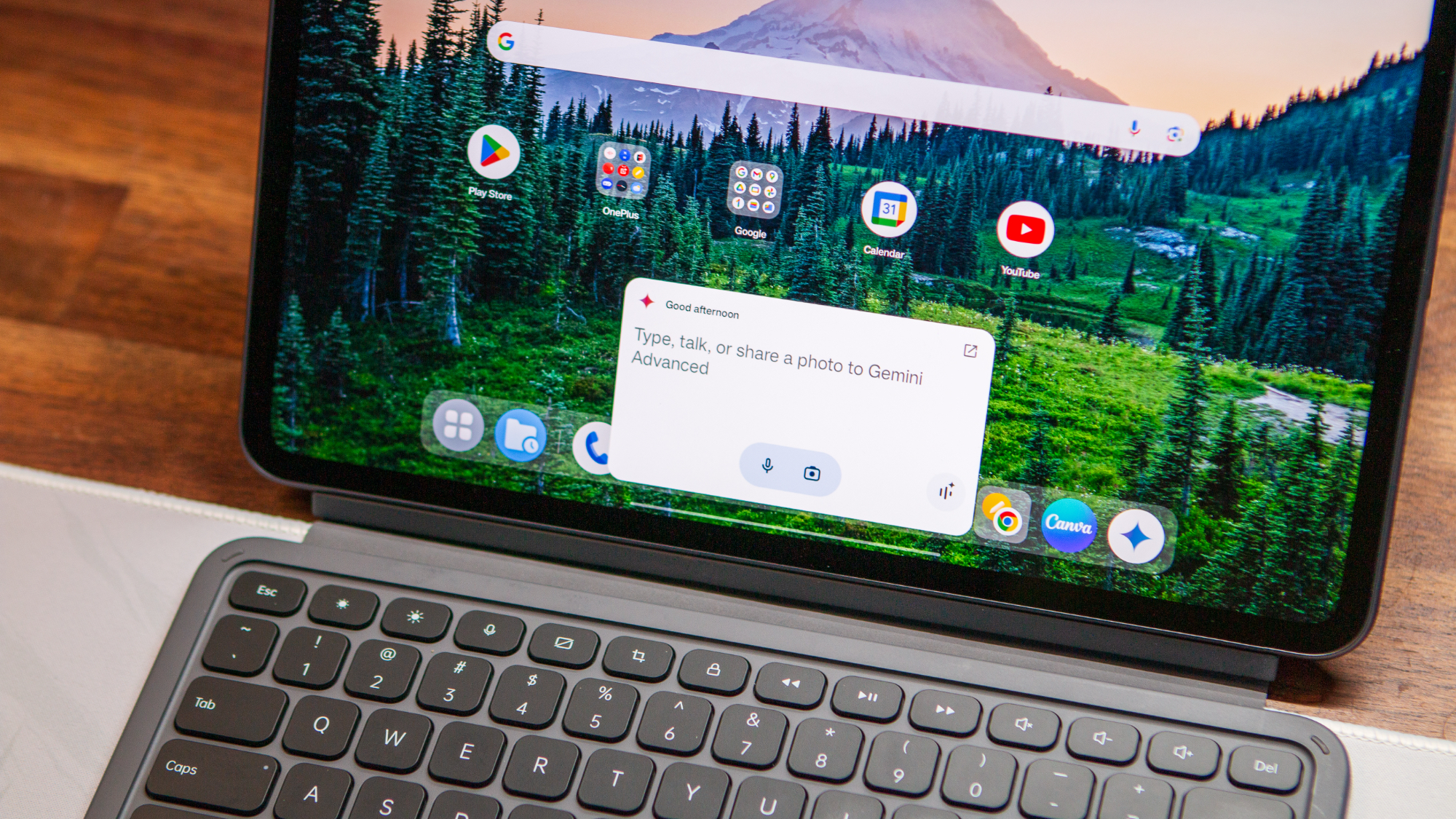
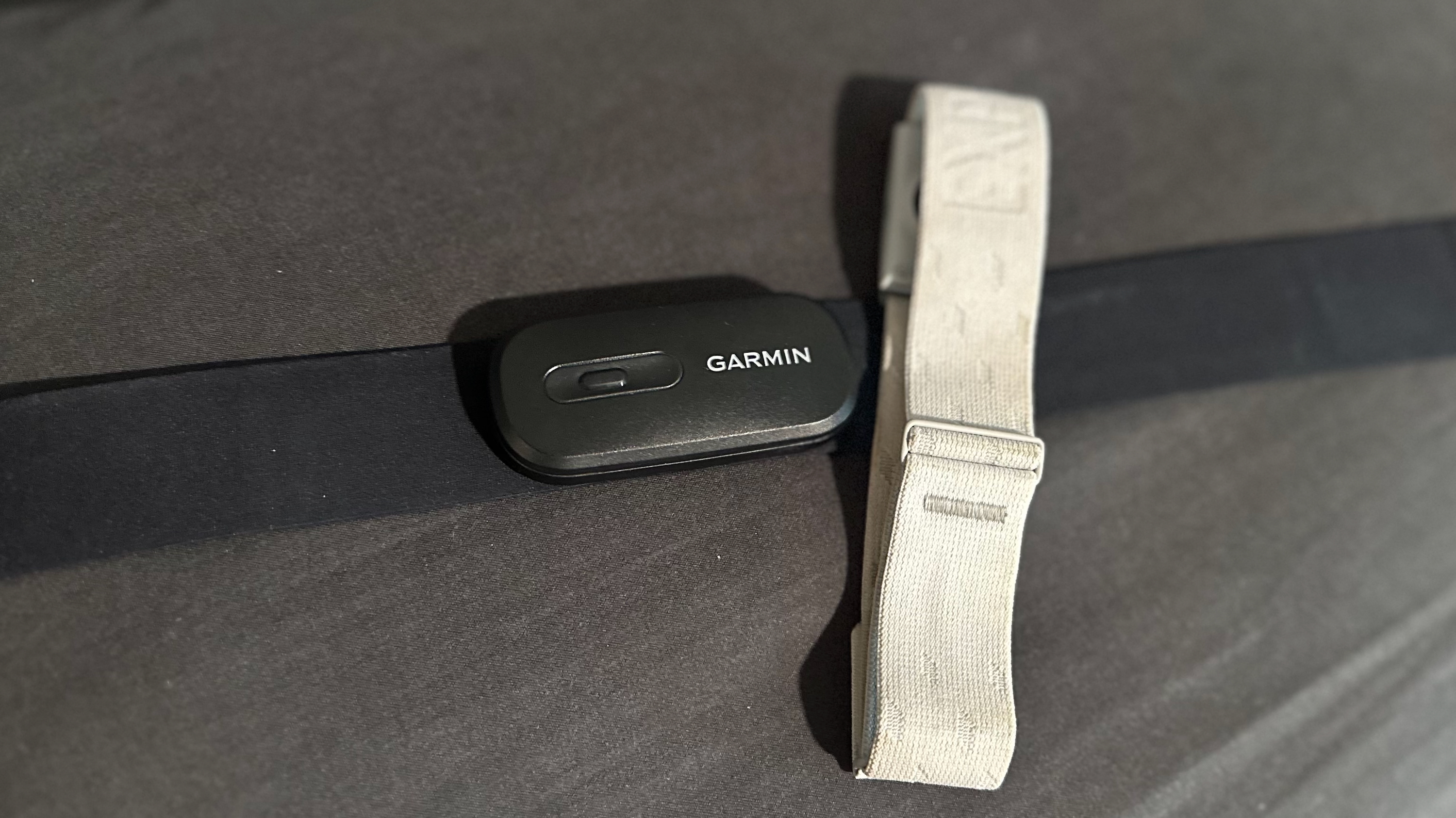



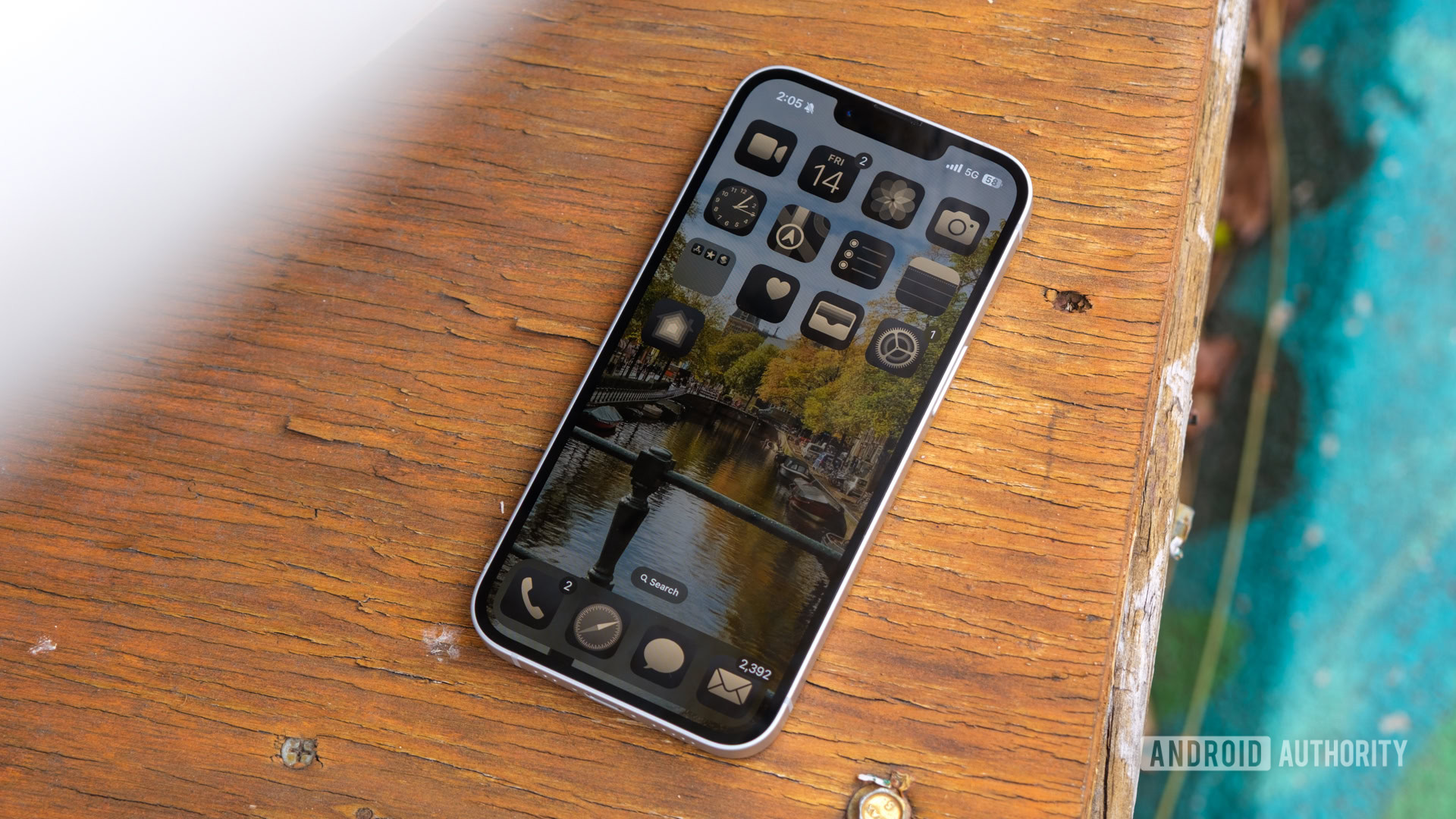



![PSA: Spotify facing widespread outage [U: Fixed]](https://i0.wp.com/9to5mac.com/wp-content/uploads/sites/6/2023/06/spotify-logo-2.jpg?resize=1200%2C628&quality=82&strip=all&ssl=1)

















![Apple Turned Down Musk's $5B Starlink Deal — Now the Consequences Are Mounting [Report]](https://www.iclarified.com/images/news/97432/97432/97432-640.jpg)
![WhatsApp Finally Launches iPad App [Download]](https://www.iclarified.com/images/news/97435/97435/97435-640.jpg)













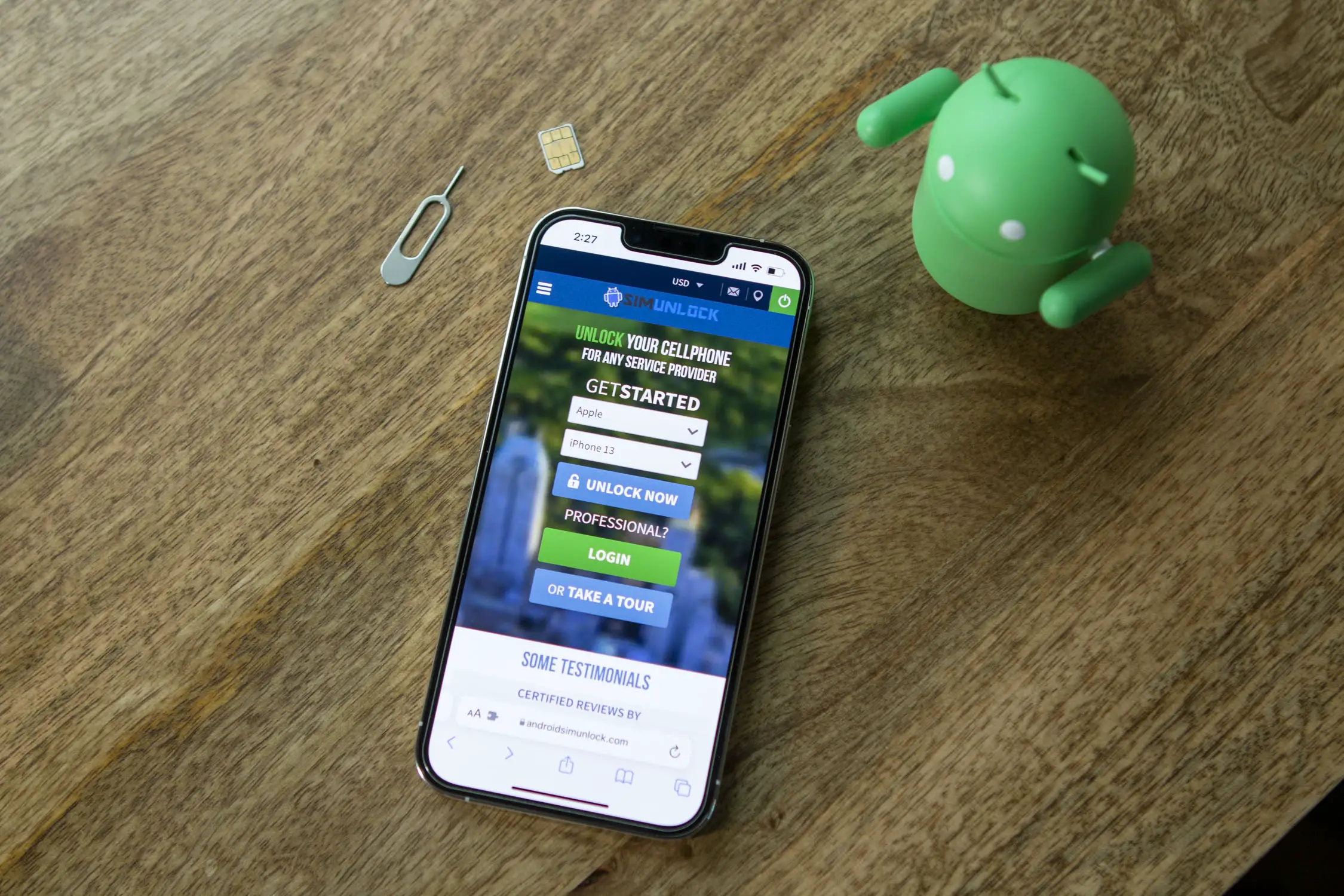






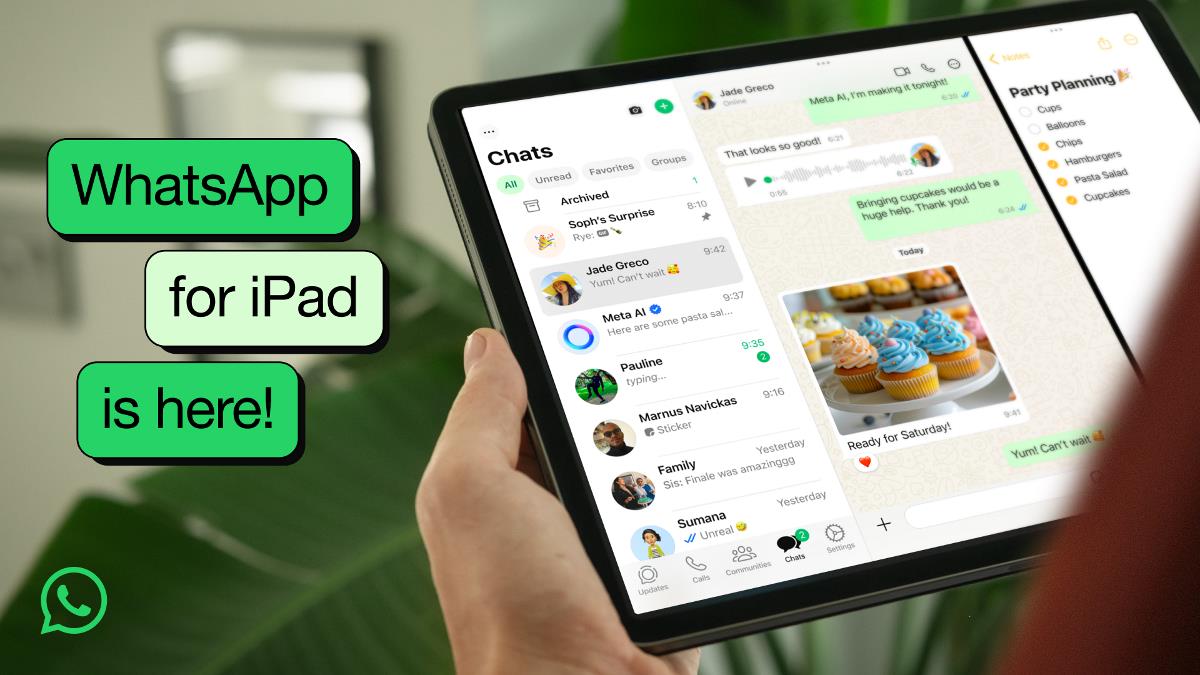
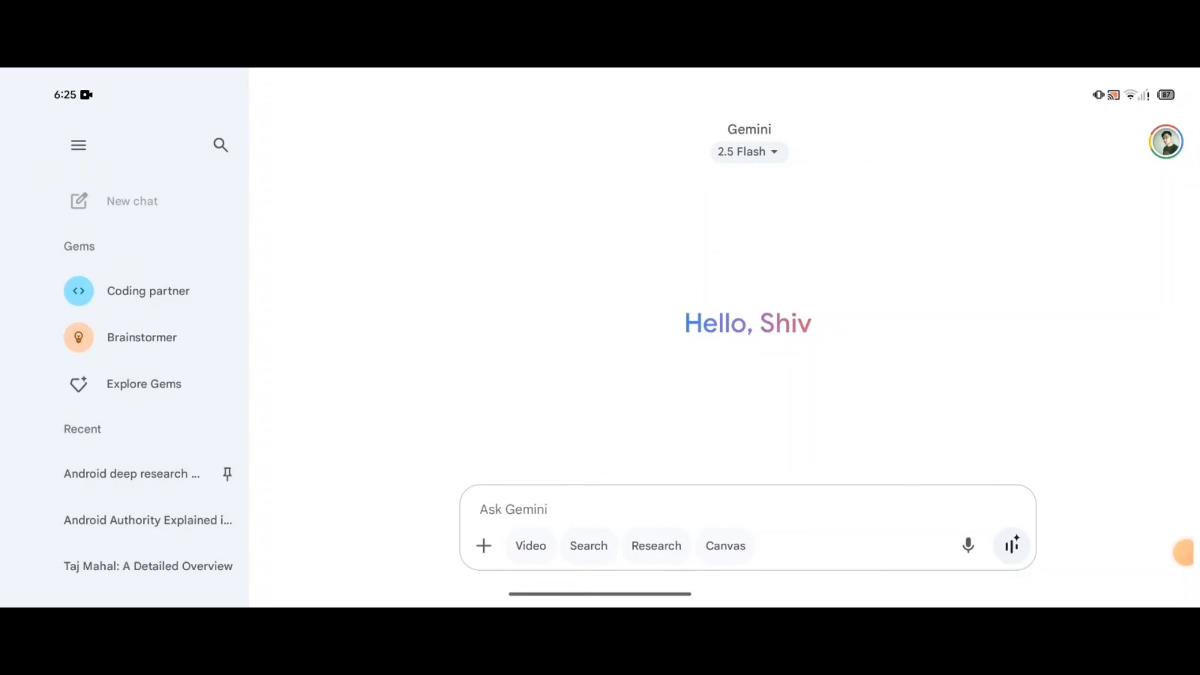


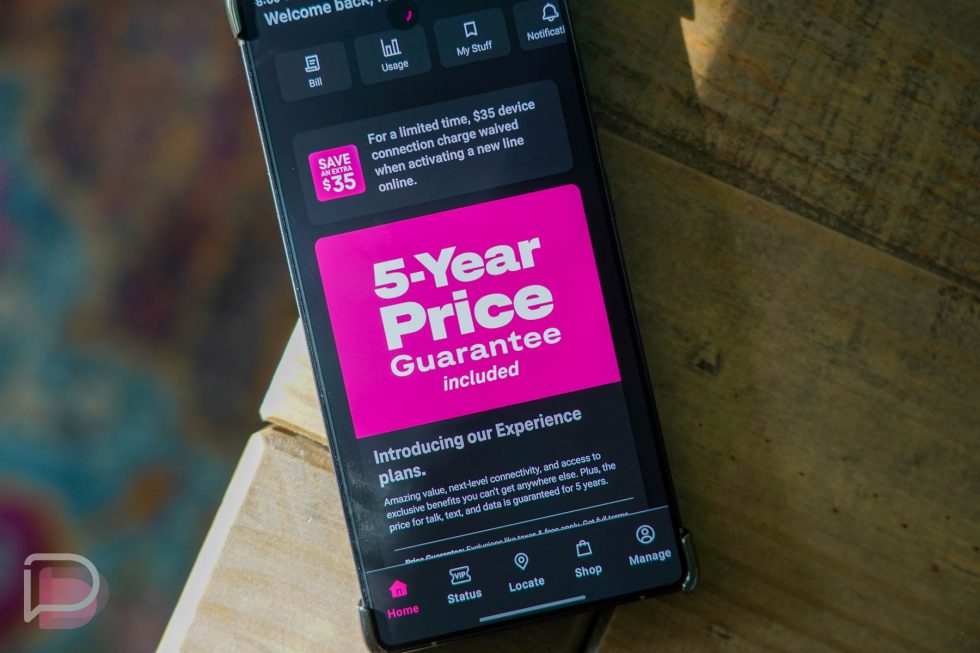


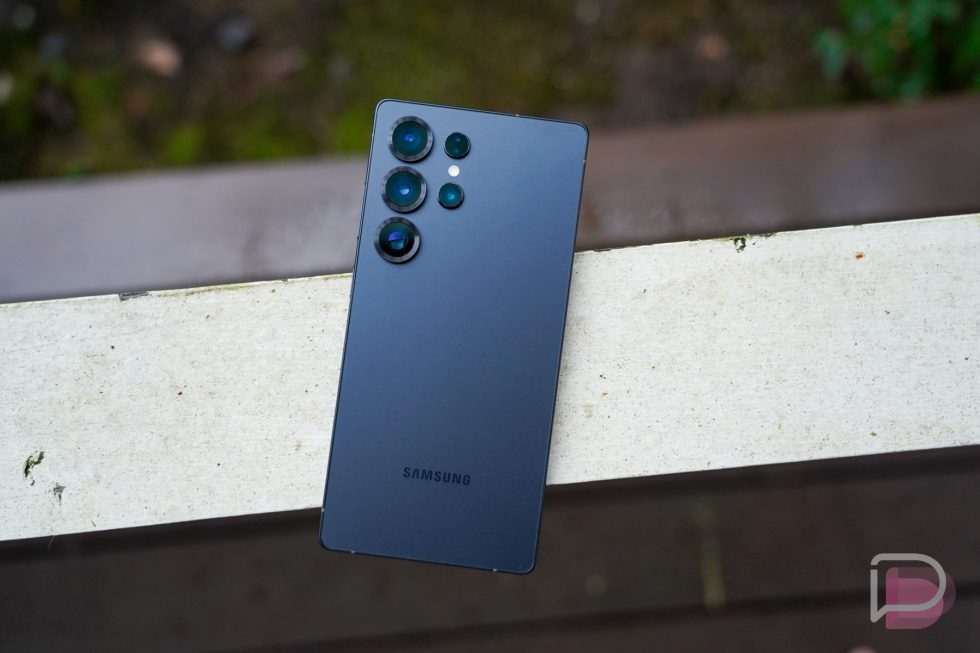


















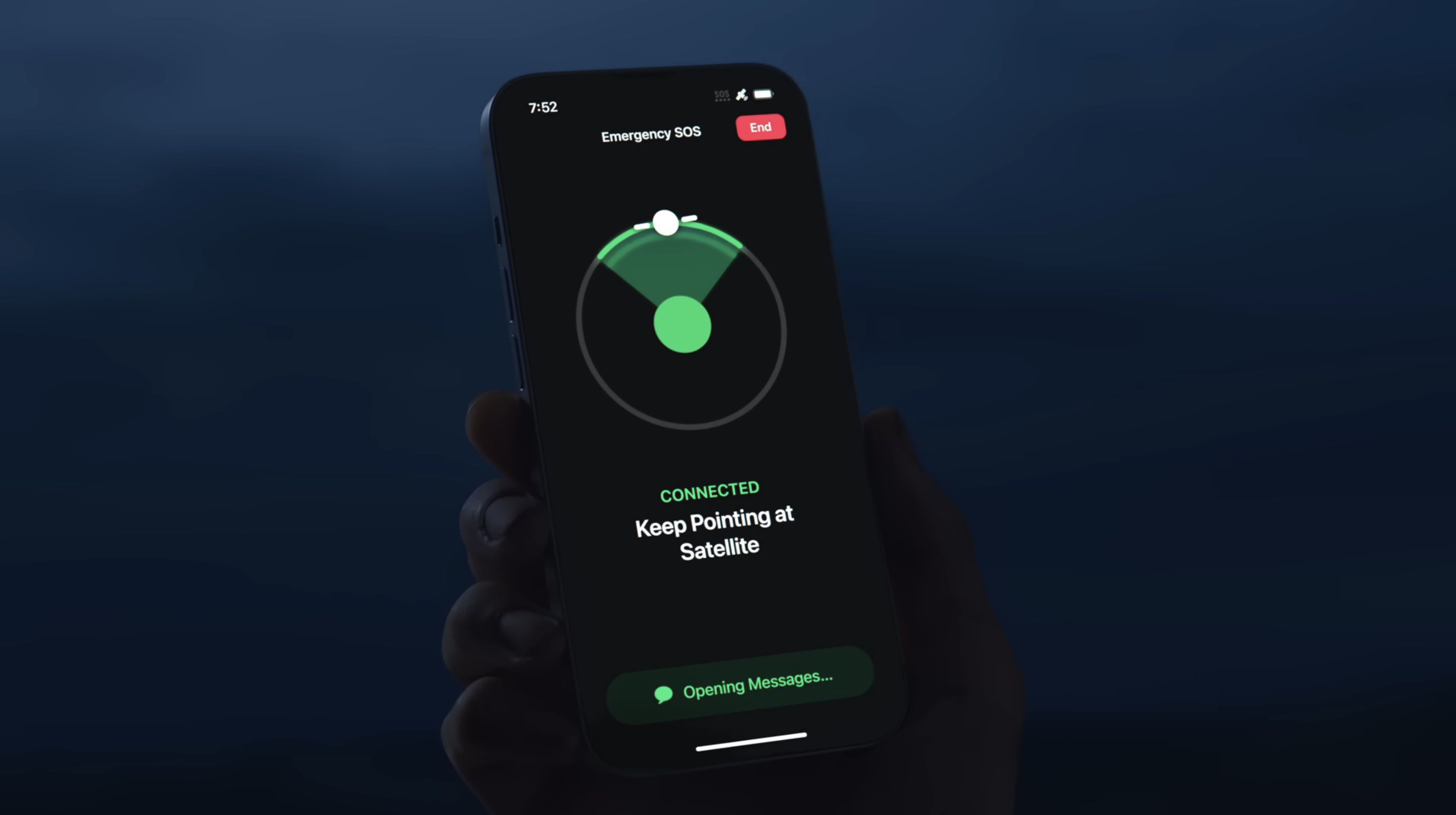




![T-Mobile, Verizon and AT&T under fire for lack of transparency on surveillance [UPDATED]](https://m-cdn.phonearena.com/images/article/170786-two/T-Mobile-Verizon-and-AT-T-under-fire-for-lack-of-transparency-on-surveillance-UPDATED.jpg?#)
